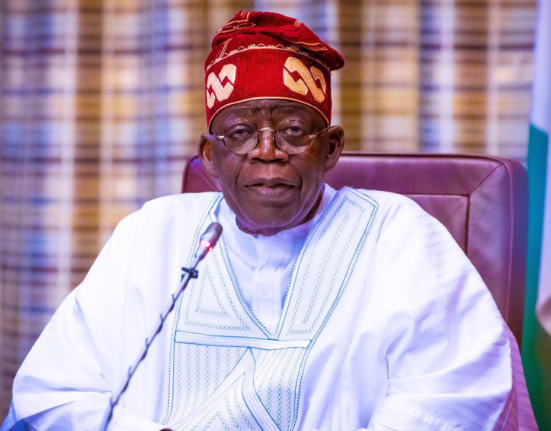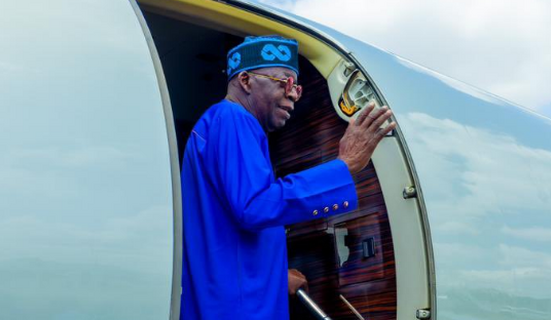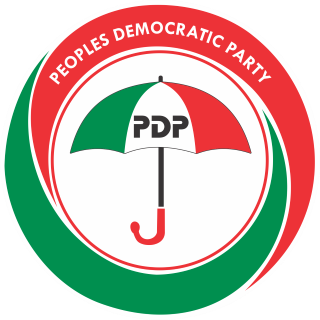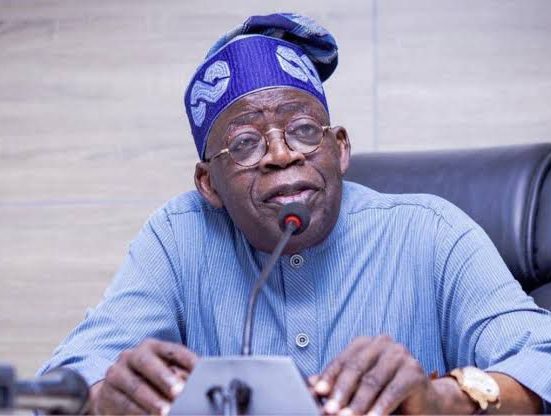In a bold move to revive Nigeria’s upstream oil and gas sector, President Bola Tinubu has issued a new Executive Order aimed at reducing high operational costs, boosting investor confidence, and unlocking greater economic value from the country’s petroleum resources.
The order, titled “The Upstream Petroleum Operations Cost Efficiency Incentives Order (2025)”, introduces performance-based tax incentives for oil companies that achieve measurable cost savings while maintaining production targets. Under the new policy, companies will be allowed to claim tax credits equivalent to 50% of the savings they generate for the government, up to a maximum of 20% of their annual tax liability.
Nigeria has long struggled with some of the highest oil production costs globally, with average costs ranging between $25 to $48 per barrel, significantly higher than OPEC peers like Saudi Arabia and Iraq, whose production costs are as low as $3 to $10 per barrel. The high costs in Nigeria are attributed to security concerns, regulatory bottlenecks, prolonged contracting processes, and stringent local content policies.
To combat these inefficiencies, Tinubu’s administration has focused on regulatory reforms. The new Order builds on a series of earlier measures, including:
•The Oil and Gas Companies (Tax Incentives, Exemption, Remission, etc.) Order, 2024
•The Presidential Directive on Local Content Compliance Requirements, 2024
•The Directive on Reduction of Petroleum Sector Contracting Costs and Timelines, 2024
As part of the new incentives framework, the Nigerian Upstream Petroleum Regulatory Commission (NUPRC) will annually publish cost benchmarks for upstream activities across different terrains, onshore, shallow water, and deep offshore. Operators that meet or exceed these cost-efficiency benchmarks will qualify for fiscal rewards.
President Tinubu emphasized that the goal is not only to save money but to “create a globally competitive upstream sector that can attract sustainable investment and deliver more value to Nigerians.” “Investors must see Nigeria not as a charity case, but as a profitable, efficient, and secure destination,” Tinubu said.
The new Order comes on the heels of $8 billion in new investments secured for Nigeria’s deepwater oil and gas projects, announced by Special Adviser to the President on Energy, Olu Verheijen, at the 2025 Africa CEO Forum in Abidjan, Côte d’Ivoire. These investments include Final Investment Decisions (FIDs) on projects such as Bonga North (Shell) and Ubeta (TotalEnergies). According to Verheijen, the reforms initiated under Tinubu’s leadership have restored confidence in Nigeria’s energy sector and reversed years of investor hesitation.
The African Energy Chamber (AEC), led by Executive Chairman NJ Ayuk, welcomed the new incentives as a necessary step toward unlocking Nigeria’s full hydrocarbon potential. “This is a deliberate strategy to make Nigeria’s upstream sector more competitive and resilient,” Ayuk said.
The AEC also noted that Nigeria’s ambitious targets of 2 million barrels of oil per day and 12 billion standard cubic feet of gas per day can only be achieved with sustained investment and policy stability. The 2025 Executive Order, alongside the Petroleum Industry Act (PIA) of 2021, is expected to provide the dual foundation for Nigeria’s oil sector resurgence.







